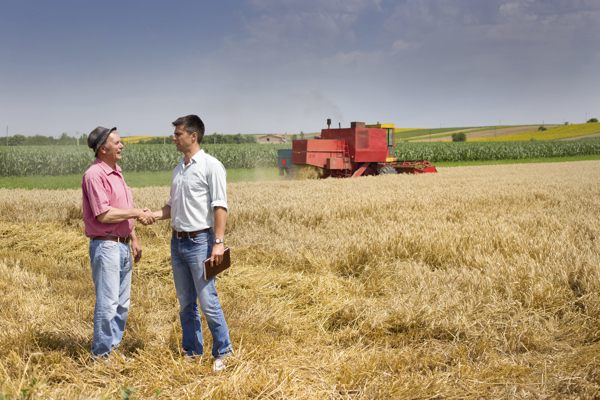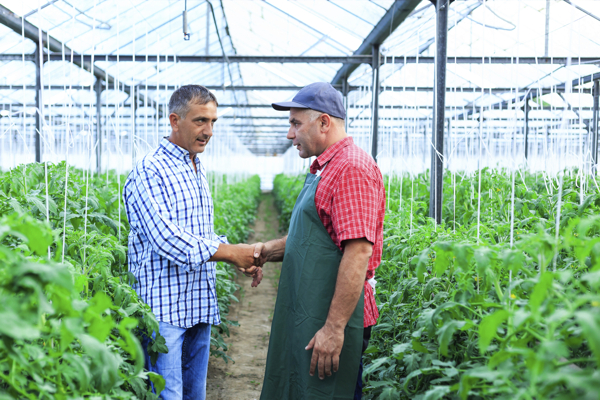
A concept of farming has become the subject of fancy of many economies around the world. Is this much talked about agribusiness approach the new way to a bright economic future? For all agro-economic enthusiasts, here is an informative review of contract farming.
Due to increasing commercialization, businesses are now vulnerable to under-selling of their products at low prices due to lack of market availability. This leads to lesser capital formation, declining business opportunities, eventual bankruptcy, unemployment and ultimately, distress in the economy. This phenomenon has often been witnessed in agriculture.
Understanding Contract Farming
It refers to an arrangement agreed upon in the field of agriculture, wherein the farmer sells a certain quantity of a crop to the buyer under the contract that states specific rules for production and marketing of the product.
However, the contracted agricultural product should meet specific quality requirements and must be delivered to the buyer at a certain time as per the agreement and the buyer makes a commitment to purchase it.
If mentioned in the contract, the buyer may support production with the knowledge of technical know-how, agricultural supplies, capital inflow and even land leasing in some cases.
Contract or agreement farming involves all types of agricultural products such as horticultural crops, agronomic crops and livestock. This concept has been in practice in the United States ever since the 19th century and has gained popularity in countries like India, Thailand and the Republic of Korea in recent years.
The contract commonly enlists terms of payment, quality standards, technology specifications, determination of final price and dispute settlement.
Benefits of Contract Farming
This concept was introduced to benefit both parties involved in the contract, the buyer and the farmer.
While it ensures an assured sale to the farmer at lucrative prices with least wastage of produce, it gives the buyer the advantage of procuring the required agricultural product of certain specifications at a definite time. The farmer is also helped with financial and technical assistance from the buying company before growing the crop.
It is the only way forward as it eliminates intermediaries from the buying-selling cycle and offers a favorable price for a good quality yield. It ensures proper care and prevents loss of agricultural commodities. This safe-guards the position of small-scale agriculturists who are in danger of losing business due to commercialization of the agribusiness.
Other benefits of this farming include, security against food price fluctuations, technological up-gradation, increased income, better harvest, overall shared risks and employment generation. Agreement farming solves the problem of micro-financing for farmers, thereby, promoting better forward and backward market linkages.
Future with Contract Farming
If both parties strictly comply with the specifications of the contract, the parties are immensely benefited by this arrangement and will lead to a reliable long-term business relationship between both parties.
The absence of an open market will help in significantly reducing marketing and transaction costs. The quality of farming to function in diverse agricultural areas definitely gives it an edge over other farming practices that have been followed.
With the combination of agriculture and professional management practices, it has become a profitable scheme for both sides of the contract when followed diligently. The help of a local agricultural co-operative may be obtained to regulate the commitments made by the parties to contract. A carefully drafted contract may minimize the scope of conflicts.
With contract farming making its way into the future, farmers will gain a new-found competency and will be willing to take risks with growing new crops. Someday, farmers will be capable of holding entire plantations with the support and co-operation of mega corps. This will be an ideal situation from political, social and economic point of view.
Currently, this type of farming has been successful, in cattle farming, with sale of milk and has been comparatively a lot more advantageous than production that was individually undertaken by poultry farmers.
Bulk sale and purchases lead to economies in scale proportionate to the size of the business. It will also encourage the entry of private companies into the agricultural sector and prove better than the government’s efforts at aiding farmers with proper training. This practice is predicted to revolutionize cotton farming, raising pigs and even sea food.
Contract farming is the only way forward for commercial agriculture in the prevailing times of liberalization and globalization of world economies.


